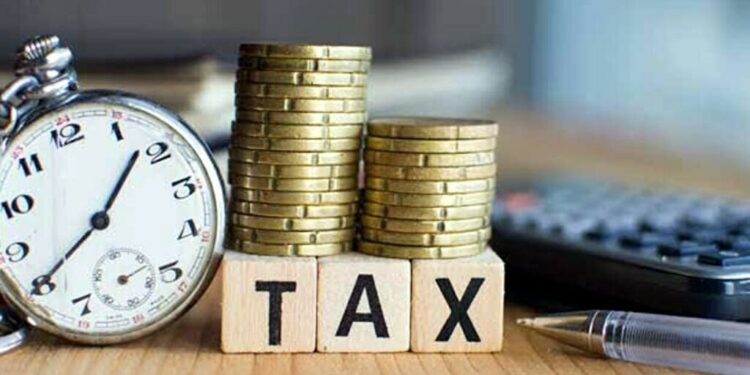Nigeria is set to achieve another record in tax collection as it forecasts raising 7.5 trillion naira ($9.5 billion) in taxes during the second half of the year. This optimistic projection comes on the heels of a remarkable performance in the first six months, where the government collected 5.5 trillion naira, surpassing its initial target of 5.3 trillion naira for the period. The announcement was made by Muhammad Nami, the Executive Chairman of the Federal Inland Revenue Service (FIRS), during a press briefing held in the capital city, Abuja, on Thursday.
The remarkable increase in tax collections reflects the government’s efforts to improve tax collection processes in Africa’s largest economy. Last year, Nigeria collected a total of 10.1 trillion naira in taxes, setting an ambitious target of raising 25 trillion naira for the current year.
Nami attributed the success of the first half to various factors, including enhanced voluntary tax compliance by taxpayers, the automation of tax administration processes, and the modernization of the Value Added Tax (VAT) filing procedures. Moreover, FIRS has been actively engaging with stakeholders from both formal and informal sectors of the economy, encouraging greater tax compliance.
Of the total revenue collected in the first half, the non-oil sector contributed 69%, with oil taxes making up the remainder. Notably, June witnessed the highest tax collection for any single month, reaching an impressive 1.65 trillion naira.
Looking ahead to the second half of the year, Nami expressed confidence in the government’s ability to achieve its ambitious tax collection target. Despite facing challenges such as the impact of the currency redesign and the upcoming 2023 general elections on the economy during the first and second quarters of 2023, the positive impact of current government policies on the economy is expected to play a significant role in driving further revenue growth.
The increased tax collections bode well for Nigeria’s economic growth and development, as they provide the government with vital resources to fund essential public services and infrastructure projects. As the government continues to streamline and improve its tax collection processes, it aims to create a more sustainable and resilient economy that benefits all citizens.
The record performance in tax collection highlights Nigeria’s commitment to financial stability and underscores the importance of efficient and transparent tax administration in propelling the nation’s economic growth. With the second half of the year underway, all eyes are on the government as it strives to meet its ambitious revenue target and navigate through various economic challenges on the path to prosperity.









